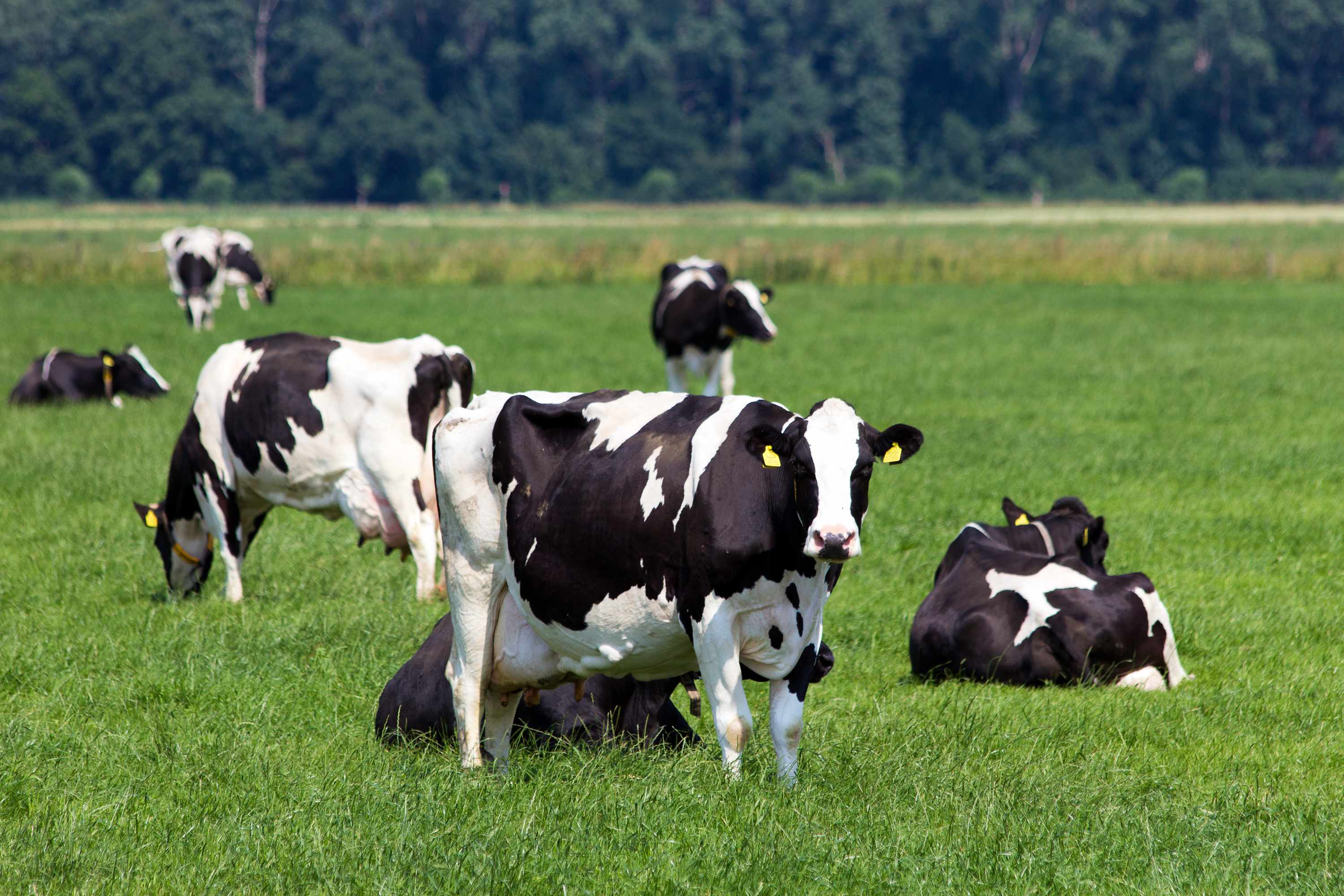-
Featured News
Infectious Diseases A-Z: Antibiotics in farm animals

The World Health Organization is urging countries to restrict the use of antibiotics in food animal production. Food producers in many countries feed low-dose antibiotics to farm animals to encourage the animals to grow bigger and faster, which, in return, contributes to the antibiotic resistance in bacteria.
Mayo Clinic pediatric infectious diseases specialist Dr. Nipunie Rajapakse, says, "When you look at the amount of antibiotics used in the U. S., about 75 percent is actually used in animals and not humans. We know that the overuse of antibiotics is the single biggest driver of antibiotic resistance. And that’s why the use of antibiotics in our food supply is one of our biggest concerns."
Watch: Dr. Nipunie Rajapakse explains antibiotic use in farm animals.
Journalists: Broadcast-quality sound bites are in the downloads.
Why are antibiotics used in farm animals?
“Antibiotics are used in animals for a number of different reasons," says Dr. Rajapakse. "Certainly, they are used to treat animals who have infections. They can be used to try and prevent infections in animals. And, in some situations, they are used to promote the growth of animals. It's really these last two categories that we are most concerned with. And it’s this mass use of antibiotics in many hundreds of thousands — if not millions — of animals that really contributes to the development of resistance and poses a risk to humans, as well.”
Good news for consumers
Dr. Rajapakse says, "We’ve heard from a few large food restaurants and fast-food chains about trying to eliminate or reduce the use of antibiotics in the food products that they serve. This is great to see and is really important."
"As consumers, we encourage people to try and consume and buy food products that are produced without the use of antibiotics," Dr. Rajapakse says. "The more we support these types of practices amongst businesses, the more likely other businesses are to catch on and start to incorporate these types of policies themselves."







